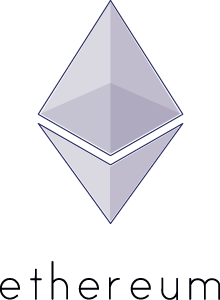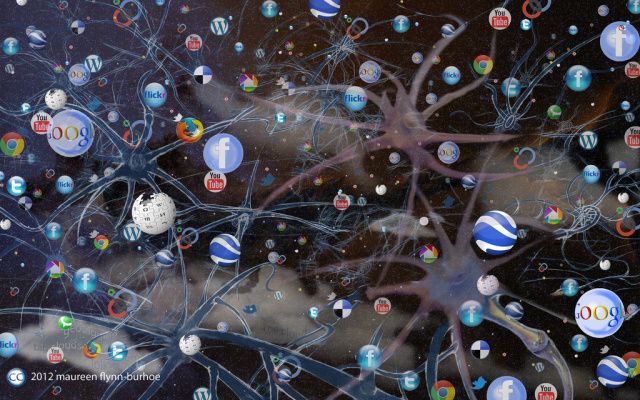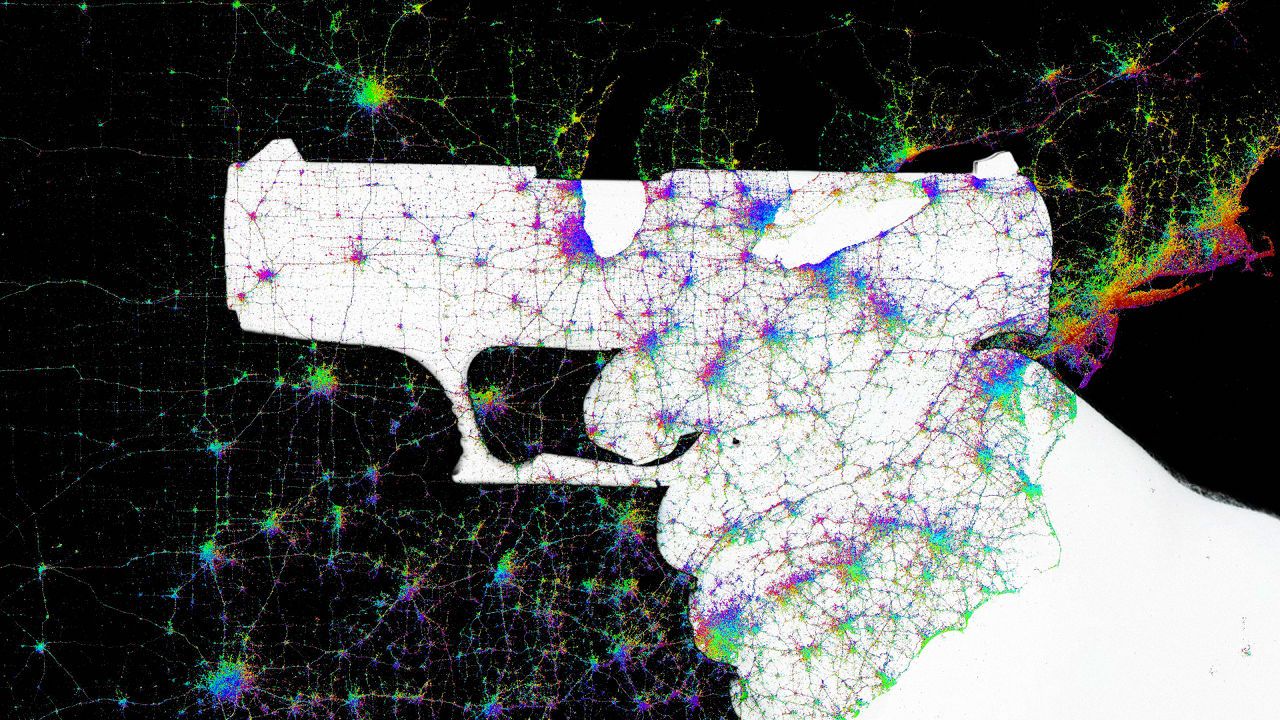Apr 29, 2015
Injustice, Ethereum and the information renaissance…
Posted by Rob Chamberlain in categories: bitcoin, internet
Quoted: “I recall reading somewhere that “Ethereum is to Bitcoin as an iPhone is to a calculator”, which is a pretty good analogy. Bitcoin proved to us that it was possible to keep a tamper-proof system synchronised across the globe. There really is no reason the same system can’t be applied to other problems in the same way we apply normal computers to them.
Ethereum is a single computer spread out over the internet, processing the information we all feed it together. I guess you could call it a ‘shared consciousness’ if you wanted to.
In this computer, information cannot be suppressed. In this computer, ideas and trust rule. Work and reputation are visible and independently verifiable. Anyone can contribute and everyone is automatically safe. Collaboration will overcome privatisation as people work together to build an open network of ideas contributing to the betterment of us all. They are calling it internet 3.0. And though web 2.0 was a thing in some ways, I think we’ll look back at everything up until this point as the first internet. The internet we built by adapting old communication lines into new ways of communicating. The internet we built when we were still used to centralising responsibility for things.”
Read the article here > http://pospi.spadgos.com/2014/11/30/injustice-ethereum-and-t…naissance/
 Quoted: “I recall reading somewhere that “Ethereum is to Bitcoin as an iPhone is to a calculator”, which is a pretty good analogy. Bitcoin proved to us that it was possible to keep a tamper-proof system synchronised across the globe. There really is no reason the same system can’t be applied to other problems in the same way we apply normal computers to them.
Quoted: “I recall reading somewhere that “Ethereum is to Bitcoin as an iPhone is to a calculator”, which is a pretty good analogy. Bitcoin proved to us that it was possible to keep a tamper-proof system synchronised across the globe. There really is no reason the same system can’t be applied to other problems in the same way we apply normal computers to them.













